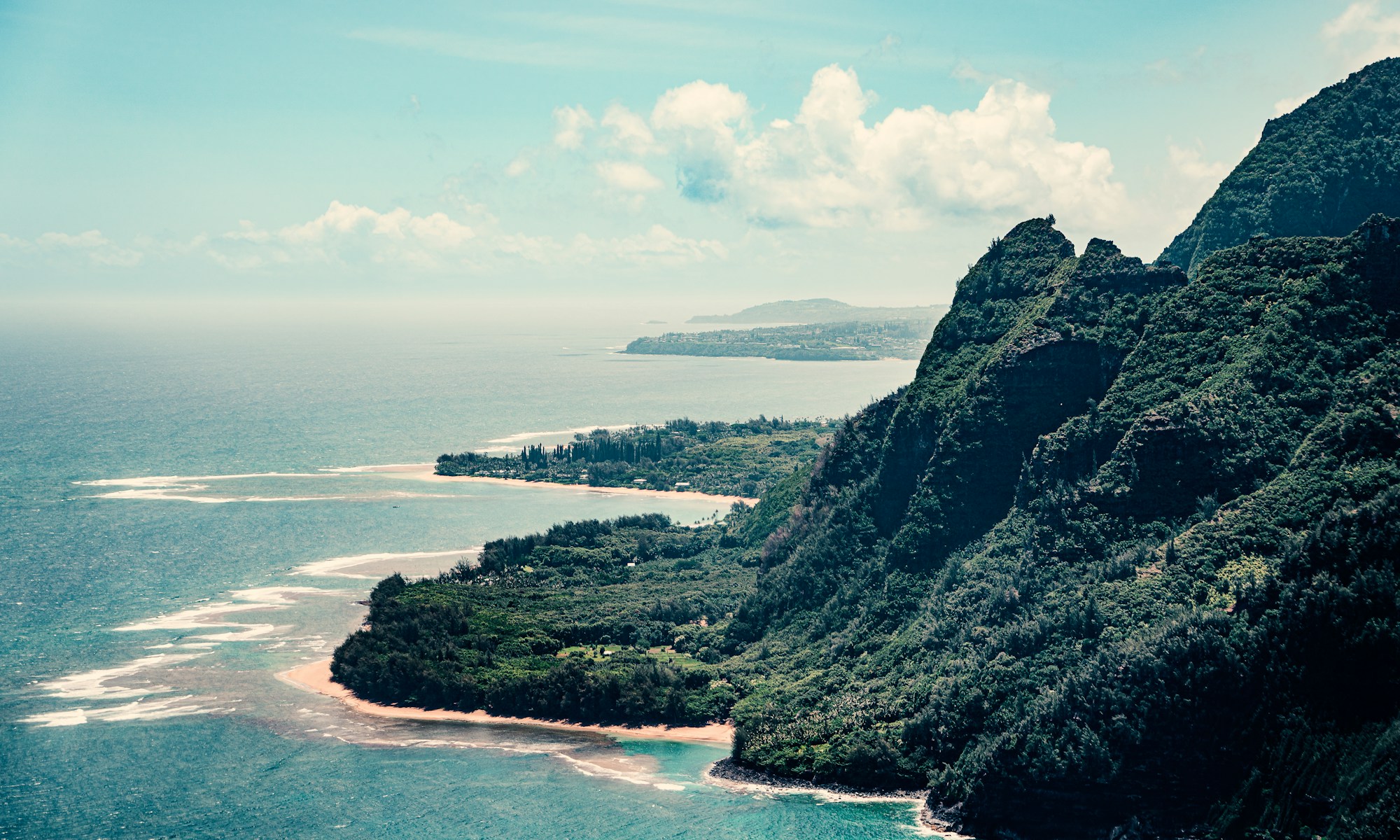24 June 2021 – by Nikunj Bhimsaria
Amid ongoing global debate around the definition, classification, and treatment of ‘climate migrants’, little attention is paid to what the people affected want. 1 There have been multiple reports with varying estimates of the number of people expected to be displaced due to climate change by 2050. 2,3 The common link featured in these reports, however, is that the majority of climate displacement is and will be internal. People around the world will be forced to relocate within their own countries to escape the slow onset impacts of climate change. Even in the face of uninhabitable conditions, people are generally unwilling to leave their homes and relocate to foreign lands. So, in addition to arguing over cross-border arrangements, countries ought to come up with inward-looking strategies to deal with climate-induced displacement.
One needs to look no further than the island states in the Pacific as examples. These small island nations are more vulnerable to the acute effects of climate change than any other region in the world. 4 Sea-level rise, amongst other climatic changes, is threatening the existence of these geographically isolated and small landmasses. Kiribati, which rises no more than two meters above sea-level at its highest point, is one such island state. A 2016 United Nations report has shown that half of the households have already been affected by sea-level rise on one of Kiribati’s constituent islands. 5 In neighboring Tuvalu, a UNU-EHS study found that 97% of surveyed households had been impacted by natural hazards between the period 2005 and 2015, yet only 53% of the people affected believed that they would be able to afford migration in the future. 6
Despite the above, people of these nations have been unwilling to leave their homes, families, and lives. New Zealand’s Pacific Access Ballot, an annual lottery which selects people from five Pacific countries for New Zealand residency each year, has repeatedly had quotas go unfulfilled. 7 The governments of these islands are trying to build adaptive capacity and employ migration as a means of improving the quality of life. The Kiribati government has implemented a program, entitled ‘Migration with Dignity’, which aims to create a skilled workforce that can find decent employment abroad. In 2014, the government also purchased 6,000 acres in Fiji to try and ensure food security whilst the environment changes. 8 With support from the Green Climate Fund, the Tuvalu Coastal Adaptation Project will enhance resilience to coastal hazards on some of the nation’s islands. 9
These measures might not be enough, but they are better than simply waiting for other countries to help. As Kiribati President, Taneti Maamau said: “We are telling the world that climate change impacts Kiribati, it’s really happening… But we are not telling people to leave.” 8 Rather than simply focusing on relocation – an option that does not support true self-determination for the affected people – international policy should provide adaptive capacity and long-term support to these island states. Many engineering options are available, such as coastal fortification, and land reclamation technologies. It is imperative, therefore, for developed countries to voluntarily adopt these measures before they are forced to do so.

Nikunj is a consultant currently working for a climate focused philanthropy. In the past, he has worked as a business strategy consultant across various sectors and has also volunteered for various non-profits. His undergraduate background is in Engineering from BITS Pilani. Interested in human-environmental ecosystems and how they adapt to climate change, Nikunj has been part of various climate adaptation projects.
References
[1] The Refugees The World Barely Pays Attention To, Tim McDonnell (Link)
[2] Groundswell: Preparing for Internal Climate Migration, World Bank (Link)
[3] Migration and Climate Change, IOM (Link)
[4] Climate Change and the Sinking Island States in the Pacific, Saber Salem (Link)
[5] Kiribati: Climate change and migration, Oakes, R., Milan, A., and Campbell J. (Link)
[6] Pacific Islanders Faced with Migration Can Benefit from Paris Agreement, UNFCCC Newsroom (Link)
[7] NZ Immigration launches annual Pacific Access, RNZ (Link)
[8] An Island Nation Turns Away from Climate Migration, Despite Rising Seas, Ben Walker (Link)
[9] Climate Change and Tuvalu (Link)



